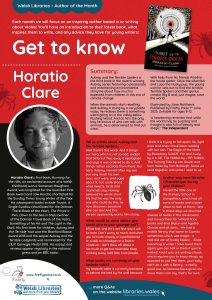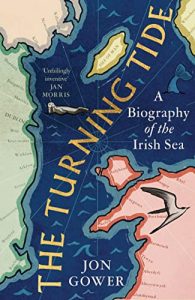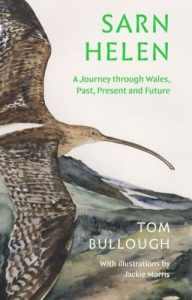Horatio Clare
June 1, 2023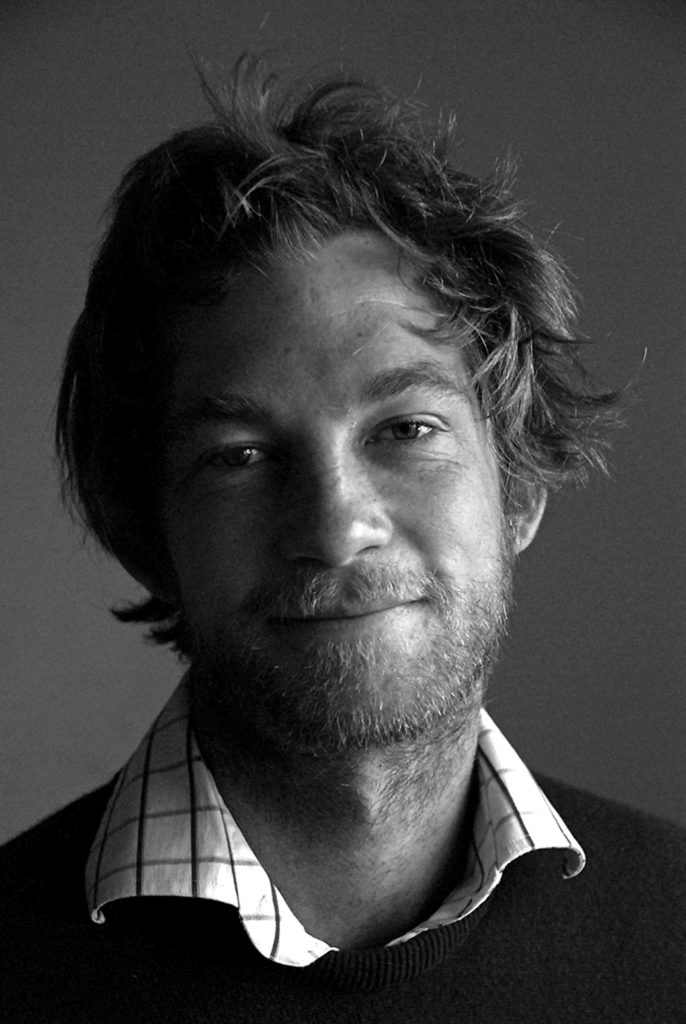
Horatio Clare is an English author known for travel, memoir, nature and children’s books. He worked at the BBC as a producer on Front Row (BBC Radio 4), Night Waves and The Verb.
Clare’s first book, Running for the Hills, an acclaimed account of a Welsh childhood, won a Somerset Maugham Award, was longlisted for the Guardian First Book Award and saw Horatio shortlisted for the Sunday Times Young Writer of the Year. His subsequent books include Truant, A Single Swallow (shortlisted for the Dolman Travel Book of the Year), The Prince’s Pen, Down to the Sea in Ships (winner of the Dolman Travel Book of the Year), Something of his Art and The Light in the Dark.
His first book for children, Aubrey and the Terrible Yoot won the Branford Boase Award 2016 and the sequel Aubrey and the Terrible Ladybirds was nominated for the CILIP Carnegie Medal 2018. His essays and reviews appear regularly in the national press and on BBC radio.
Aubrey and the Terrible Spiders is the third book in the award-winning Aubrey series, with illustrations by Jane Matthews, and features a passionate and entertaining environmental storyline about how much is expected from children in this era of climate change. The books in the series are suitable for ages 8-12.
Thanks to Horatio for answering our Q&A recently…
What inspired you to write Aubrey and the Terrible Spiders?
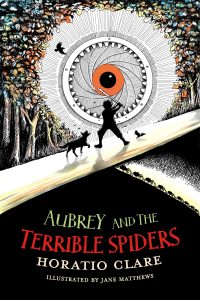
Tell us a little about the story…
Well there’s this wasp. And it stings our hero, which is not so odd, except that before it flies away it apologizes and says it was ordered to do it. And things rather escalate from there. Our hero, Aubrey, named after my son but very much his own man, as it were, and aged about 9, can understand what insects, birds and mammals say. Having believed his whole short life that he was the only one who could do this (he hears what they say in his head, as you are hearing this as you read) he now discovers someone else can too! And this person apparently wants him stung…
Like most children, I couldn’t really help doing the things I loved to do – like, when I was 9, playing with sticks as though they were machine-guns and old trees as though they were tanks. Now I feel that the world would be a better place without tanks, machine-guns and every kind of weapon (even pointed sticks, tbh) but instead of campaigning to ban them, I play with ideas about them in my head, and make stories to try to work out what I think about things, what we should do about things, about what matters.
Around the time I realised what writers did – or thought I realised. So this wonderful writer called Alistair Maclean who had been in the war spent half his time, I reckoned, writing stories (I was about 10), mostly about the sea and war at first, but then about all sorts of places and situations, and half the time travelling. And thought, hang on a minute… !
Virginia Woolf, A.A. Gill, Dylan Thomas, Sylvia Plath, J.D. Salinger, Shakespeare, Kurt Vonnegut, Joan Didion, Seamus Heaney – among very very many…
Not quite. I dance and I sing. Badly (singing) and with joy (both). I perform stage shows disguised as book talks. That counts as theatre. And I make radio programmes, which is even more fun than writing, except for the batteries and the early starts.
It’ll be fine, and if it’s not fine now it will be soon. Don’t worry so much, and when you turn into a loony or a perfectionist or a slob or a hooligan or a Dad or whatever – don’t show off about it too much or get too miserable. Keep working away, hold fast, trust people.
Sit down and bang it out! Which is not a great method, honestly. It means you write some good books and some poorer ones. I like to think I could write better books if I gave them much more time and trouble, but either I am a bit lazy, or, more likely, I get distracted easily, or, quite possibly, I am a bit scared of what would happen if I spent, say, four years writing the absolutely best book I could. Would it be any good? Would it be – this is the main question – as fun as writing two or three less difficult books faster? I guess that shows that I haven’t grown up as much I as I might have.
My bedside table is currently banished to behind the bed by the wall because I think it is trying to fall apart. So, light ones and ones I have been reading with our son: The Eagle of the Ninth by Rosemary Sutcliff, Far And Away by A.A. Gill, The Hobbit by J.R.R. Tolkein, The Turning Tide by Jon Gower and Sarn Helen by Tom Bullough. Some we read together and some I read to us.
I loved the little one at Primary School in Llangattock, which had all sorts of books and a quiet place to look at them – and in those days we also had shelves of books in the classrooms, and I loved them for Willard Price books and Enid Blyton and Agatha Christie and all sorts. Then at secondary schools I loved libraries. You could half hide half explore in them for hours. And you could meet your mates including girls in them, and I didn’t do much reading in them, often; I prefer to read in bed. Maybe the newspapers, a bit. And magazines. We had a mobile library that came to Cwmdu sometimes which was magic – a cool old van of lovely books!

